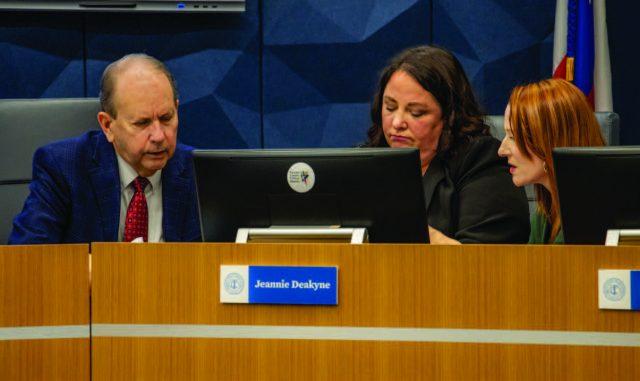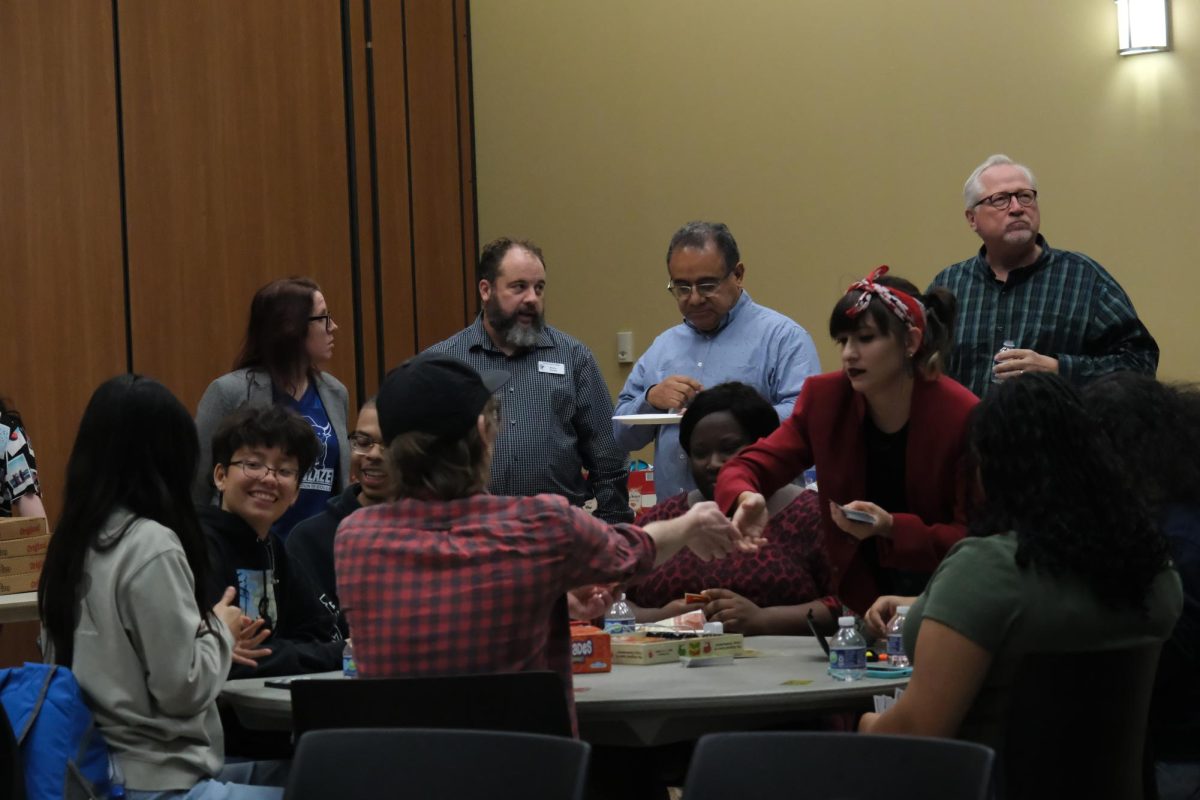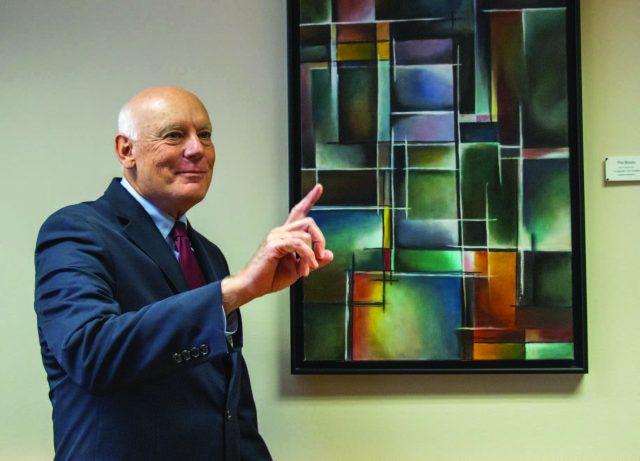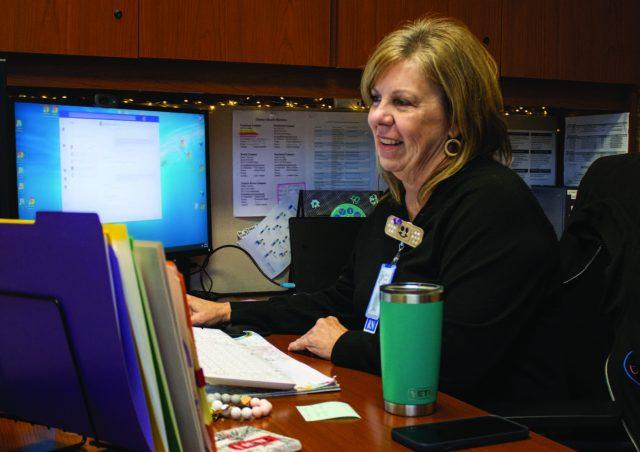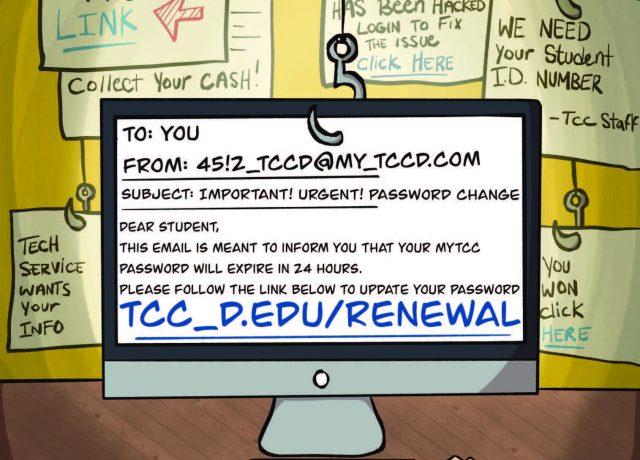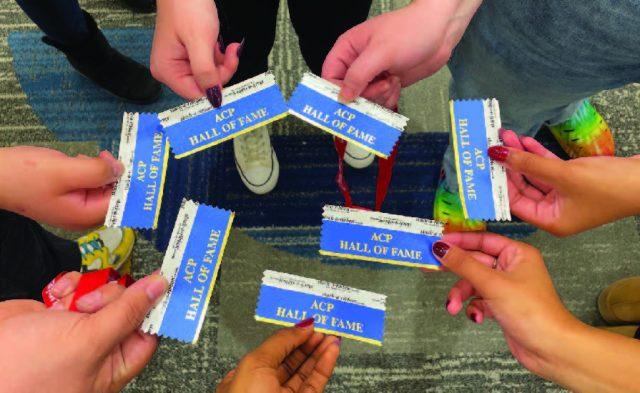HOPE SMITH
editor-in-chief
hope.smith393@my.tccd.edu
TCC’s board of trustees self evaluation results show an overall positive rating with some concerns on knowledge, support and personal agendas during a special board meeting.
Shortly after the monthly board meeting Nov. 16 at 2 p.m., the board reconvened for a special meeting where they discussed their self evaluation. It was directed by Mary Spilde, a consultant from the Association of Community College Trustees.
Trustee Gwendolyn Morrison commented on one of the anonymous concerns detailing special interest agendas from individual trustees. She explained she doesn’t believe the board is in a position to censor or control the processes or agendas of the board members.
“If that [personal agendas] exists, I think that the main responsibility of the trustees will be to redirect focus of the board through conversations with the chancellor in terms of addressing things that the chancellor recommends,” Morrison said at the meeting. “This board, statutorily, can only take action on items that are presented to us as an action item at the recommendation of the chancellor.”
Another concern stating “silo decision making” brought confusion for trustee Laura Forkner Pritchet, who was unsure as to how it went into play as a board who takes majority vote.
“We can make individual decisions, but as a board if it is not a majority vote, there are no decisions that are made for that particular item,” Pritchett said to the board.
Together, the average of the board rating from the assessment was 4.51, a .26 increase from last year’s assessment of 4.25 on a 5.0 scale.
“What I see in this, there was a lot of symmetry across the answers,” Spilde said to the board. “There were a couple of answers that were kind of outliers, but overall and for the majority of the questions you were very close in how you rated the board.”
The three highest ratings on the board included a 5.0 in the category of advocating for the college, and 4.86 twice in board-chancellor relations. These categories covered advocacy for the college, allocating administrative responsibilities and roles between board and staff.
The lowest ratings the board received were all 4.0, falling under categories of board organization, policy role and direction and standards for college operations.
One of the highest rated categories overall was the board-chancellor relations, and Spilde explained that it is always good for a board to have a solid relationship with the chancellor.
The assessments for a community college board of trustees follows a Board Self Assessment Cycle model. According to Spilde, the board sets annual goals who then work with ACCT, providing an assessment based on the needs of the board. The ACCT compiles the assessment results and the board moves into a review and discussion of it.
“It’s a pretty comprehensive evaluation covering all of the roles and responsibilities of trustees,” Spilde said to the board.




















